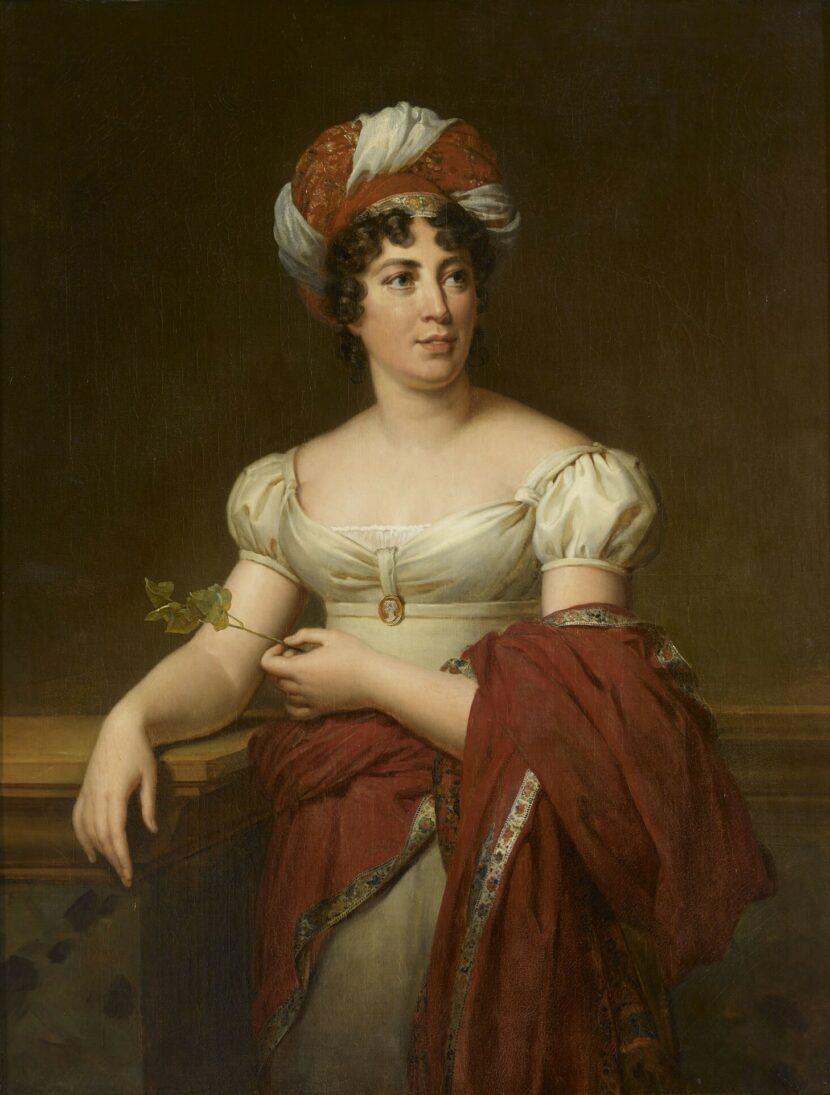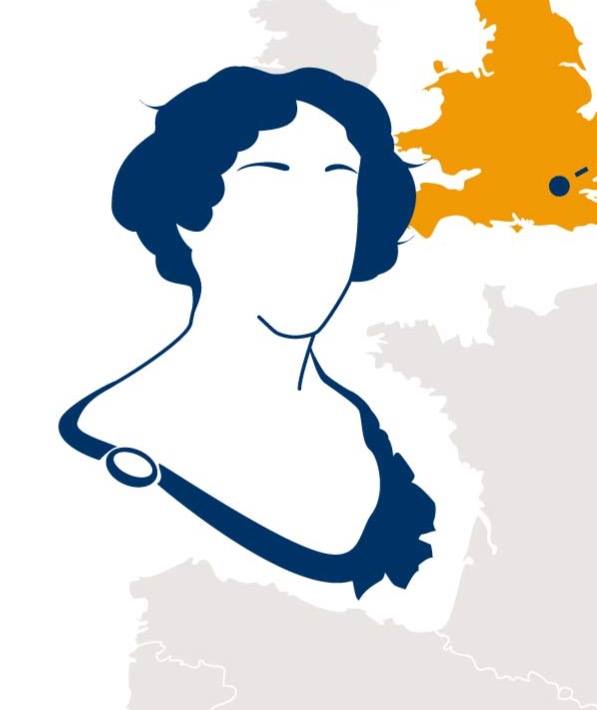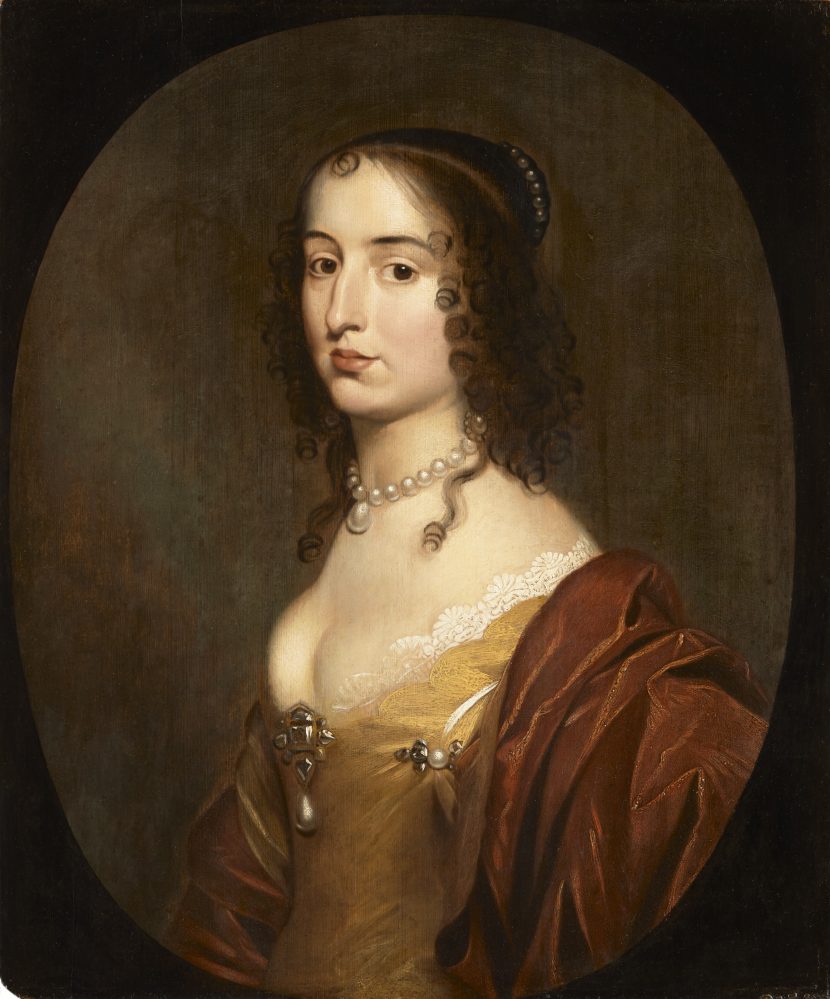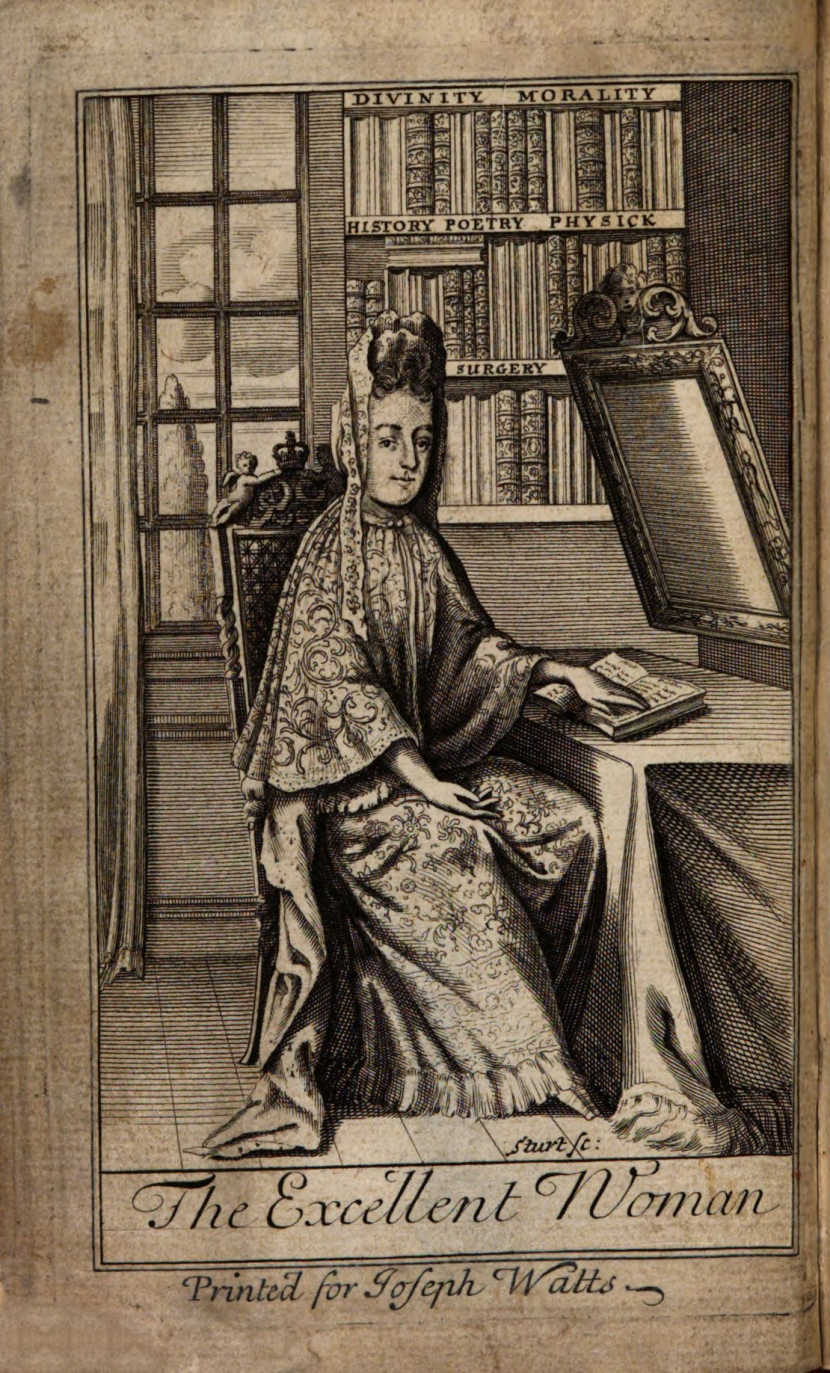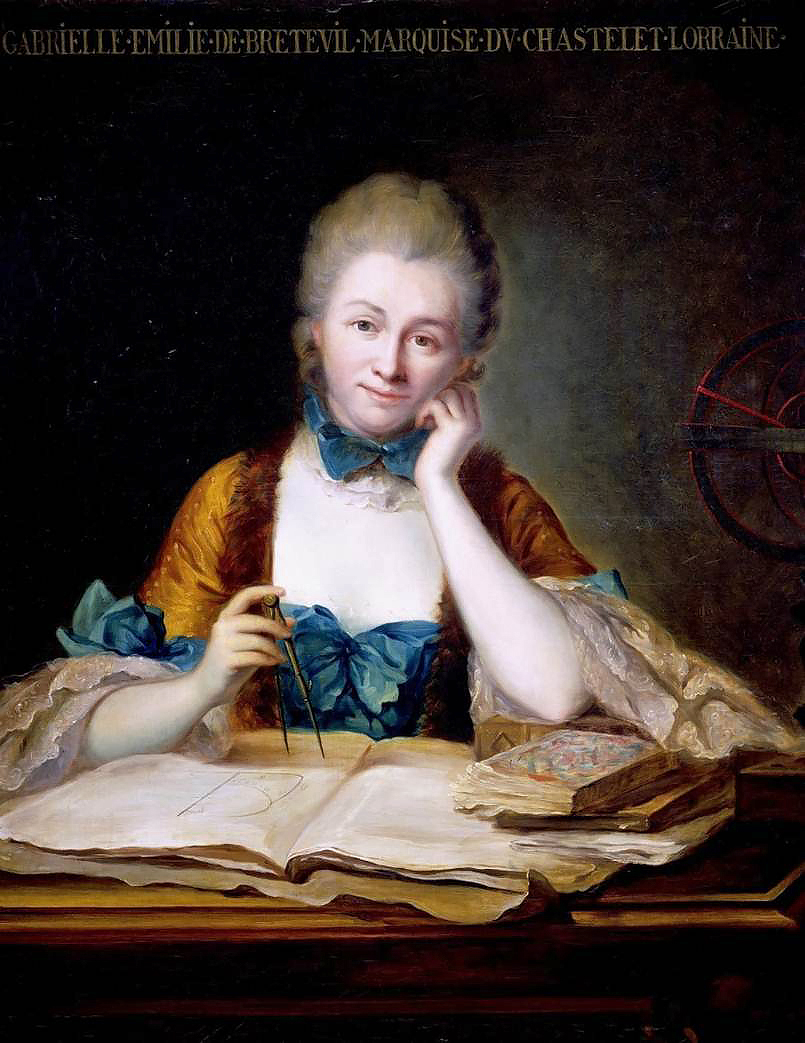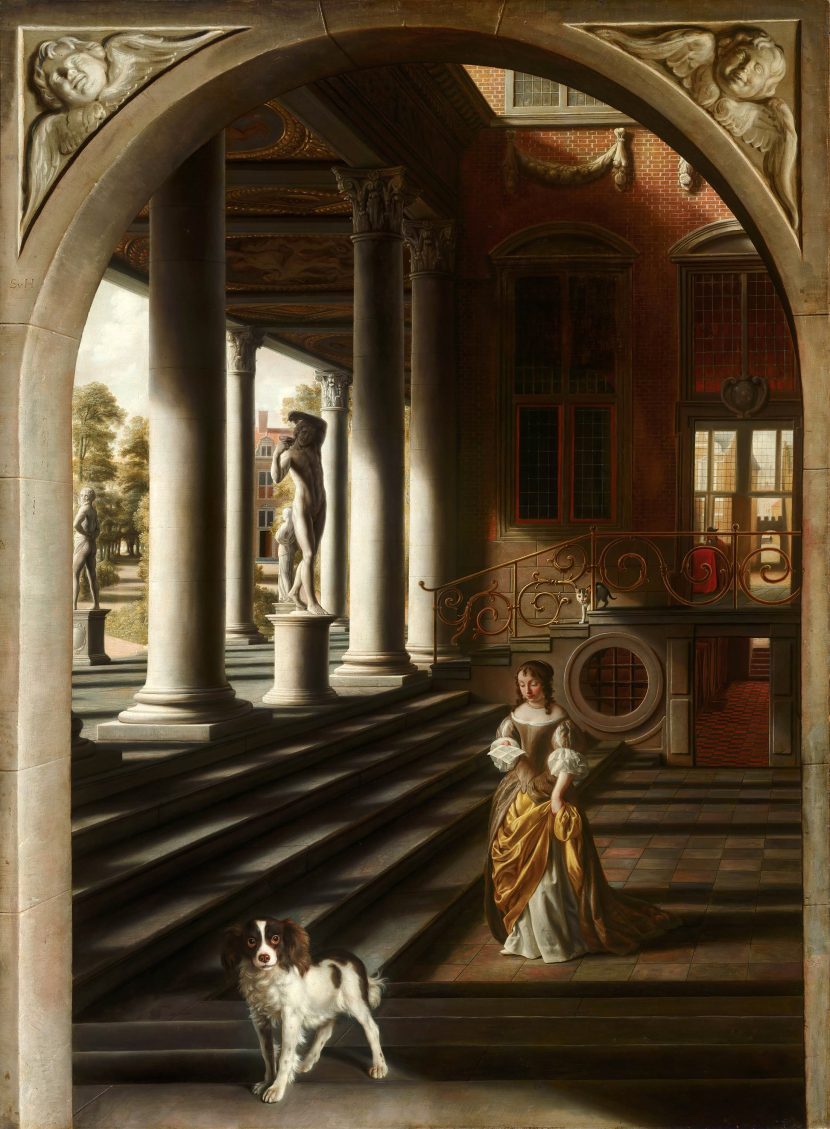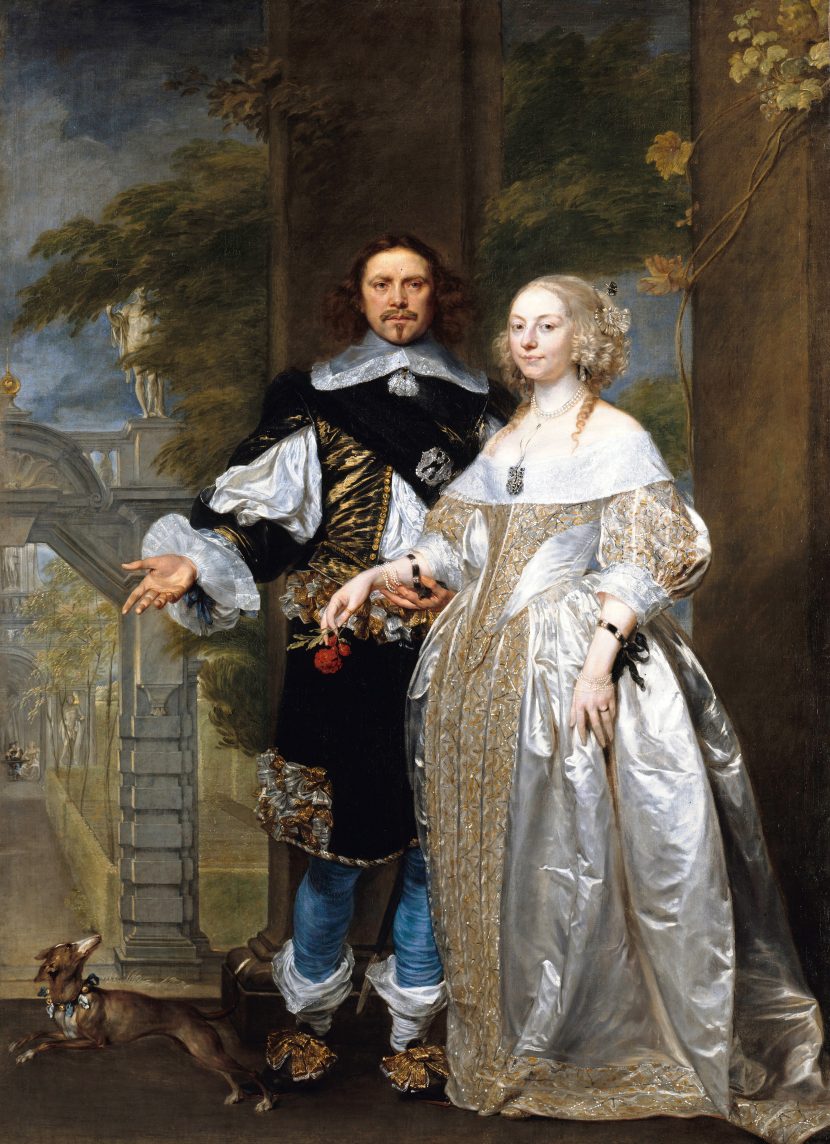“If one succeeds in destroying slavery in the South, at least one government in the world will be as perfect as human reason can possibly conceive” (“Si vous parvenez à dètruire l’esclavage dans le midi il y aurait au moins dans le monde un gouvernement aussi parfait que la raison humaine peut le concevoir”) – […]
Nísia Floresta Brasileira Augusta “The more ignorant a people are, the easier it is for an absolute government to exercise its unlimited power over them. It is based on this principle, so contrary to the progressive march of civilization, that most men oppose women’s access to the means of cultivating their spirits. However, this is […]
“My mind aspires to be the theme of your sweetest songs.” – Tullia d’Aragona, Rime (1547), trans. Elizabeth A. Pallitto (2006, 79). Tullia d’Aragona was a sixteenth-century poet, philosopher, and cortegiana honesta [honorable courtesan], a courtesan recognized and praised for her intellectual abilities. Born in Rome around the turn of the sixteenth century, she traveled […]
Sor Juana Inés de la Cruz “But who has prohibited women private and individual studies? Do they not have a rational soul like men? … What divine revelation, what determination of the Church, what dictate of reason made for us such a severe law?” —Sor Juana Inés de la Cruz, in Autodefensa Espiritual (translated from […]
Lady Mary Shepherd “…the mind strives, if possible, to find the very essences of things from the bare comparison of the relations of its ideas: for, although we be philosophers enough to know it is impossible to do so, we are for ever endeavoring to catch at, and yet for ever disappointed at not meeting […]
Anna Maria van Schurman “Here only half of the gifted young woman is portrayed / for no frame can completely contain her.”– Antonius Aemilius, in Opuscula by Anna Maria van Schurman (1652 and 1749, frontispiece), trans. Pieta van Beek (2010, 96). There is no more fascinating figure in early modern philosophy than the Dutch polymath Anna Maria […]
Princess Elisabeth of Bohemia, Countess Palatine, Abbess of Herford “I have so far found that only you understand perfectly all the treatises which I have published up to this time… I know of no mind but yours to which all things are equally evident, and which I therefore deservedly term incomparable.” —René Descartes, Principles of Philosophy (1644), […]
“Women are from their very infancy debar’d those Advantages, with the want of which they are afterwards reproached, and nursed up in those Vices which will hereafter be upbraided to them.” – A Serious Proposal to the Ladies, pt. I (2nd ed., 1695) In today’s scholarly context, Mary Astell is most often […]
Damaris Cudworth Masham, Lady Masham “Religion is the concernment of all mankind; philosophy as distinguished from it, only of those that have a freedom from the affaires of the world … and indeed the pleasures of this life are so trifling and transitory, and its cares so many and bitter, that I think one must be […]
Gabrielle Émilie Le Tonnelier de Breteuil, la Marquise Du Châtelet “Let us reflect a bit why, at no time in the course of so many centuries, a good tragedy, a good poem, a respected tale, a beautiful painting, a good book of physics has ever come from the hand of a woman.” – […]
Anne Conway, Viscountess Conway and Killultagh “Nature is not simply an organic body like a clock, which has no vital principle of motion in it; but it is a living body which has life and perception, which are much more exalted than a mere mechanism or a mechanical motion.” – The Principles of the Most […]
Margaret Cavendish, Duchess of Newcastle-upon-Tyne “If I am condemned, I shall be annihilated to nothing: but my ambition is such, as I would either be a world, or nothing.” – Poems (1653), dedication to “To Natural Philosophers” Cavendish is famous today for her plays, letters, orations, poetry and fiction, and was a very popular writer […]


